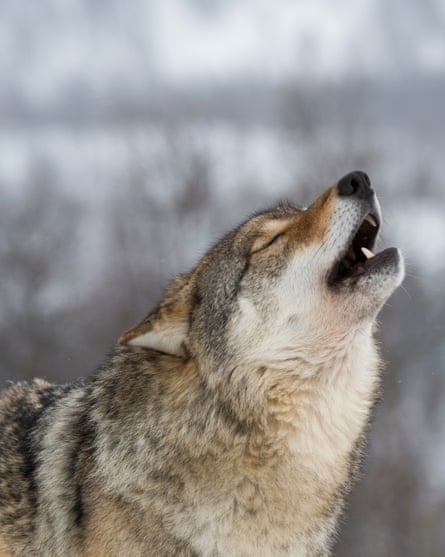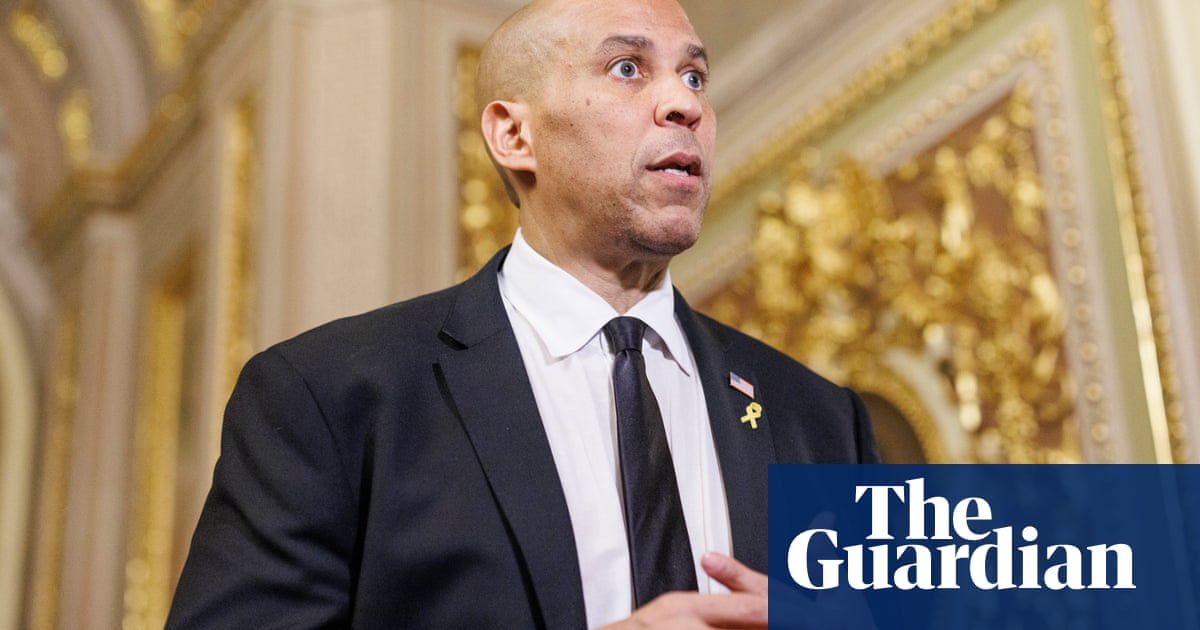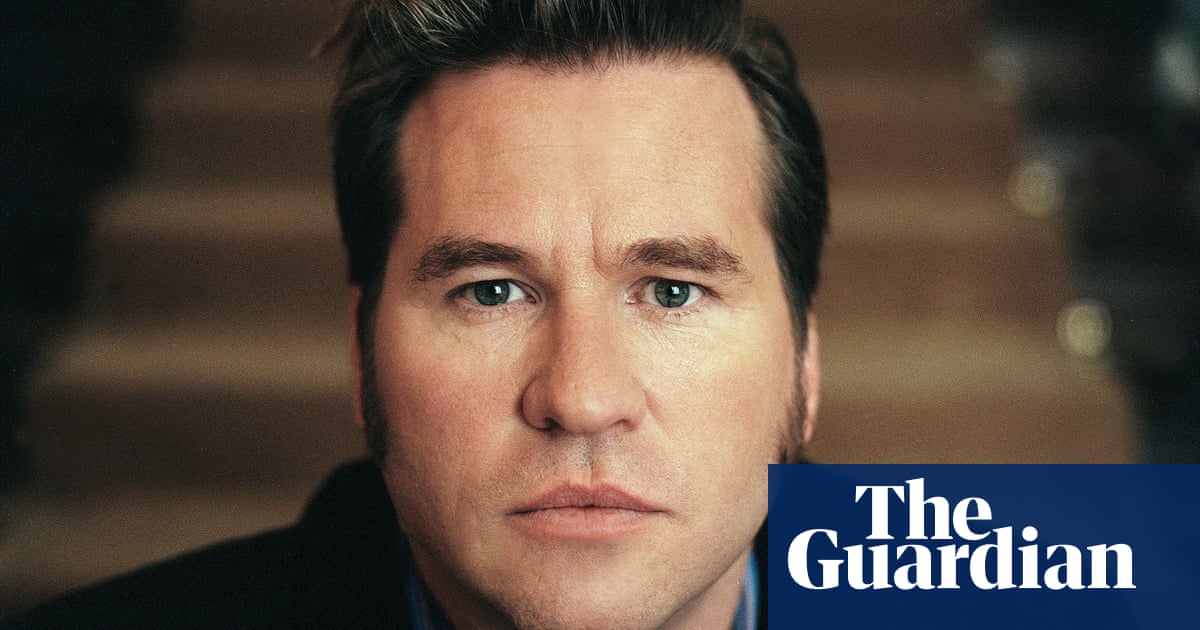Europe’s wolves will lose their “strict protection” status, alarming conservationists who fear for the survival of an animal brought back from the brink of local extinction.
A committee charged with saving wildlife took the wolf’s protection status down a notch on Tuesday after members voted through a proposal from the European Union that lowers the bar for shooting a wolf.
The EU, which proposed the measure to protect livestock, estimates that wolves kill 65,000 animals each year that were meant to be slaughtered for humans to eat.
The downgrade was welcomed by hunters but prompted outrage from nature groups.
“This decision is a green light to shoot wolves, given by the international community in white gloves,” said Marta Klimkiewicz, from ClientEarth.
Sofie Ruysschaert, from BirdLife Europe and Central Asia, said it risked “undoing decades of European conservation progress”.
Wolves were killed off across much of Europe in the 19th and 20th century but have returned in recent decades as governments have protected habitats and kept hunters at bay. An estimated 20,000 wolves now roam the continent, and rising tensions with farmers have sparked calls for culls in rural communities.
Laurens Hoedemaker, the president of the European Federation for Hunting & Conservation (FACE), said he welcomed news that the proposal was “positively received as an initiative to balance conservation and species management”.
European wolves have not killed anyone this century but have preyed on livestock and claimed one high-profile life. In September 2022, a male grey wolf called GW950m entered a paddock near a German farmhouse and killed a chestnut pony that belonged to Ursula von der Leyen, the president of the European Commission.
In a statement after the vote, von der Leyen said the change in wolf protection status was “important news for our rural communities and farmers … because we need a balanced approach between the preservation of wildlife and the protection of our livelihoods”.
after newsletter promotion
Instead of killing wolves, conservationists have called for measures that let them coexist peacefully with people, such as getting guard dogs and putting up electric fences. They have warned that wolf culls might even harm livestock by disrupting packs and forcing lone wolves on to farms to hunt. Researchers have noticed similar unintended effects with cougars, coyotes, pumas and badgers.
Sabien Leemans, from the European branch of WWF, said: “Downgrading a species’ strict protection status for the political gain of a few, against scientific evidence, puts decades of conservation efforts at risk.”
A 2018 assessment from the International Union for the Conservation of Nature (IUCN) found three of nine wolf populations in the EU were “vulnerable”, and three more were “near threatened”.
More recent assessments from the Large Carnivore Initiative for Europe (LCIE) suggest five populations are near-threatened and one is vulnerable. Overall, scientists say Europe’s wolf population is healthy enough that the decision need not spell disaster for the species but warn it could prove fatal for local populations that hover near the survival threshold.
“Culling and killing a few wolves here and there is not going to harm the overall wolf population in Europe,” said Luigi Boitani, a zoologist at the Sapienza University of Rome and chair of the LCIE. “But it all depends on how it’s done and where.”

The wolf has become a symbol of rural anger against environmental rules as attacks on sheep have risen.
Switzerland tried to downgrade the wolf’s protection status with a similar proposal in 2022 but failed to gather enough support. Earlier this year, Swiss farmers dumped sheep carcasses in front of a government building to demand more action against the predators.
The proposal from the EU, which was approved by a two-thirds majority of the Council of Europe, comes after European politicians watered down a series of policies to protect nature in the aftermath of furious farmer protests this year.
The change will be enforced in three months unless at least one-third of the parties object. The EU will have to take further steps to update its habitats directive.
“If we could count on logic and rationality and scientific rigour, this decision is not dangerous,” said Boitani. “The problem is [that] out there, when we speak of wolves, there is a lot of irrationality.”

.png) 3 months ago
37
3 months ago
37













































